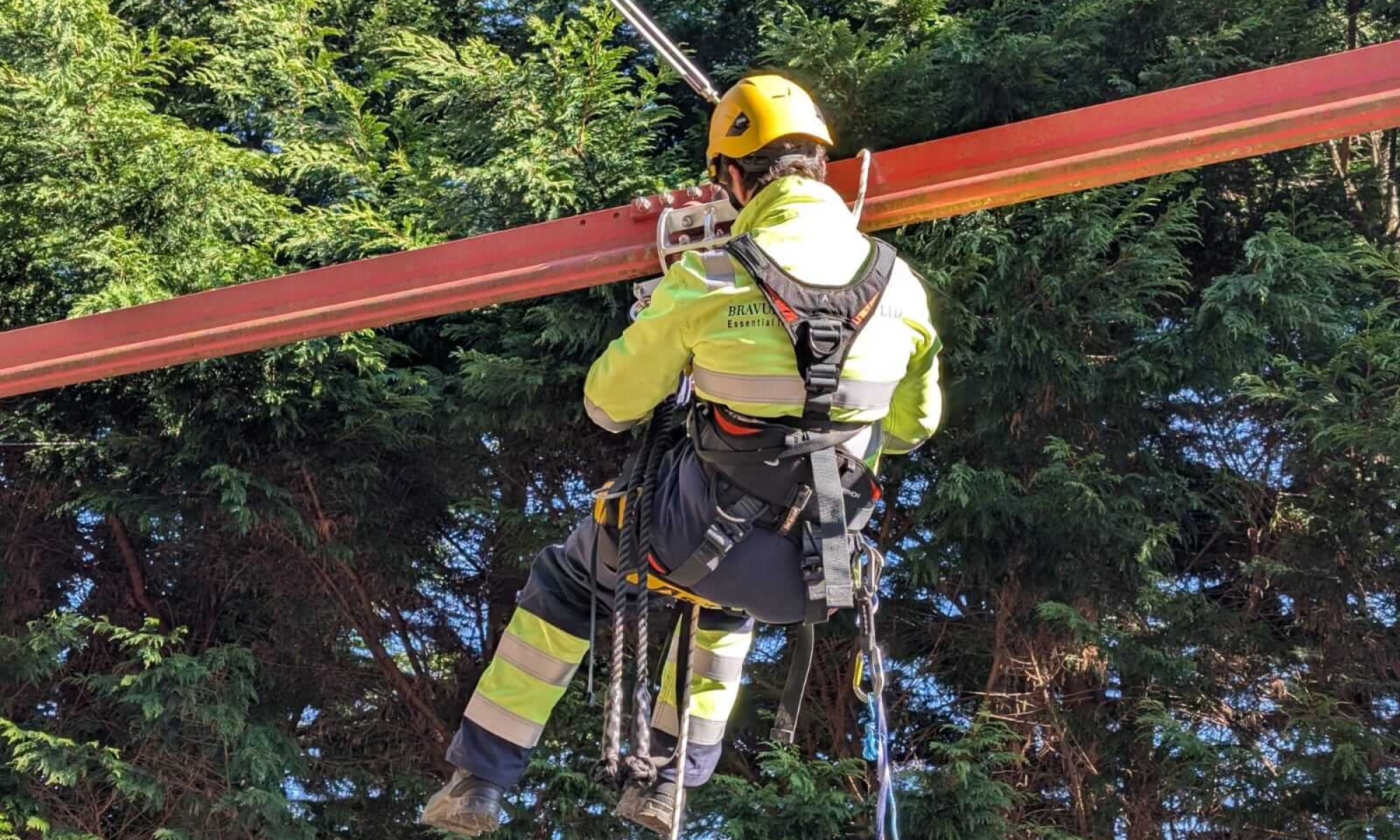Non-Destructive Testing (NDT) plays a crucial role in ensuring the safety, reliability, and performance of materials and structures across various industries. This advanced testing method allows for the evaluation of components without causing any damage, making it an indispensable tool for maintaining high standards in critical applications. In this blog, we’ll explore what NDT testing entails, its benefits, and why it is so essential for modern industries.
What is Non-Destructive Testing (NDT)?
Non-Destructive Testing is a range of techniques used to evaluate the properties of a material, component, or structure without altering or damaging it. Methods such as Ultrasonic Testing (UT), Magnetic Particle Inspection (MPI), and Dye Penetrant Inspection are used to detect flaws like cracks, corrosion, and material inconsistencies. NDT ensures that components are safe, reliable, and fit for purpose, all while maintaining the integrity of the tested item.
Key Benefits of NDT Testing
1. Safety Assurance
NDT is critical for detecting potential flaws or weaknesses in materials and components that could lead to failures. Regular testing helps ensure the safety of personnel, equipment, and the environment.
2. Cost-Effective Maintenance
By identifying issues early, NDT helps industries avoid costly repairs or replacements. Preventive maintenance reduces downtime and extends the lifespan of critical assets.
3. Compliance with Industry Standards
Industries such as aerospace, oil and gas, and construction must adhere to strict regulations. NDT ensures compliance with these standards, avoiding penalties and legal risks.
4. Non-Intrusive Testing
Unlike destructive testing methods, NDT does not harm the tested component, allowing it to remain operational. This is especially important for industries that rely on continuous operation, such as power generation and transportation.
5. Environmental Protection
By detecting leaks, corrosion, and other issues early, NDT helps prevent environmental disasters, particularly in sectors like oil and gas where spills can have devastating consequences.
Why is NDT Testing Essential?
Ensuring Safety in High-Stakes Industries
NDT is vital in industries where the failure of a single component can have catastrophic consequences. In aerospace, for example, cracks in aircraft components can compromise passenger safety. Similarly, in the oil and gas sector, undetected flaws in pipelines or storage tanks can lead to costly and dangerous leaks.
Maintaining Operational Efficiency
Unexpected equipment failures can lead to significant downtime, disrupting operations and affecting productivity. Regular NDT inspections ensure that equipment remains in optimal condition, reducing the likelihood of unexpected breakdowns.
Supporting Quality Assurance
NDT is integral to manufacturing processes, ensuring that products meet design specifications and quality standards. By identifying defects early, manufacturers can maintain their reputation for reliability and performance.
Enhancing Asset Longevity
Components that undergo regular NDT inspections are less likely to fail prematurely. This extends the lifespan of assets, reducing the need for frequent replacements and lowering long-term costs.
Preventing Accidents and Liabilities
Undetected defects can lead to accidents, resulting in injuries, fatalities, and legal liabilities. NDT minimises these risks by ensuring that materials and components are safe and fit for use.
Common NDT Testing Methods
1. Ultrasonic Testing (UT)
UT uses high-frequency sound waves to detect internal flaws and measure material thickness. It’s ideal for inspecting welds, pipelines, and pressure vessels.
2. Magnetic Particle Inspection (MPI)
MPI is used to identify surface and near-surface defects in ferromagnetic materials by applying magnetic fields and fine magnetic particles.
3. Radiographic Testing (RT)
RT uses X-rays or gamma rays to detect internal defects in materials and components. It’s commonly used in industries like aerospace and manufacturing.
4. Dye Penetrant Inspection (DPI)
DPI involves applying a liquid dye to the surface of a material to detect surface-breaking defects such as cracks and porosity.
5. Eddy Current Testing (ECT)
ECT uses electromagnetic induction to identify surface and near-surface defects in conductive materials, making it ideal for inspecting thin components.
6. Phased Array Ultrasonic Testing (PAUT)
PAUT is an advanced ultrasonic technique that allows for detailed imaging of internal structures, providing precise data for critical inspections.
Industries That Rely on NDT Testing
Aerospace
NDT ensures the structural integrity of aircraft components, including wings, fuselage, and engines, to maintain passenger and crew safety.
Oil and Gas
Pipelines, storage tanks, and offshore platforms are inspected using NDT to detect corrosion, cracks, and leaks.
Construction
NDT is used to inspect bridges, tunnels, and buildings for defects that could compromise structural integrity.
Power Generation
In power plants, NDT is essential for inspecting turbines, boilers, and heat exchangers to ensure efficiency and safety.
Automotive
The automotive industry uses NDT to inspect components such as engine blocks, wheels, and suspension systems for defects that could affect performance and safety.
Why Choose Bravura Inspection for NDT Testing?
At Bravura Inspection, we pride ourselves on delivering exceptional Non-Destructive Testing services tailored to meet the unique needs of our clients. Our team of technicians uses state-of-the-art equipment to ensure accurate and reliable results.
Why Work With Us:
- Extensive expertise across multiple industries.
- Flexible on-site and in-house testing capabilities.
- Comprehensive reports with actionable insights.
- Commitment to safety, quality, and customer satisfaction.
Contact Bravura Inspection Today
Protect your assets, ensure compliance, and maintain operational efficiency with expert Non-Destructive Testing services from Bravura Inspection. Call us today on 01745 294367 or email [email protected] to discuss your testing needs and schedule an inspection.

